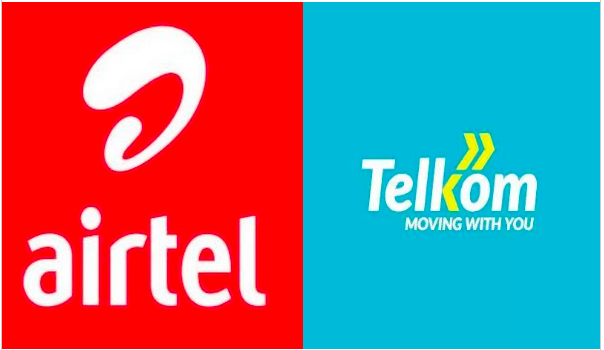Companies’ brands thrive on consistency and qualities of services that they offer and of course the distribution and their network coverage for telecommunication companies. Mobile has become pervasive and therefore customers expect any mobile service to just work. This is the route to gaining market share and thriving in the telecommunication industry. Airtel and Telkom seem to have however turned to regulatory interventions as the panacea to gaining market share. The companies have at times failed to show goodwill when it comes to modus operandi of the industry such as payment of interconnection fees in time.
Interconnection is a framework that allows telecom subscribers to call across telecommunication networks. Safaricom has formally written to the Communications Authority requesting that Airtel and Telkom both pay it KES 906 million and KES 390.9 million respectively as part of the debt that the two companies owe it. The debt arose from interconnection.co-location and fibre services.
In a rejoinder, Telkom Kenya MD Mugo Kibati said that “It is unfortunate that Safaricom wants to revise deal that will offer consumers credible options, does Safaricom don’t want to see the sector grow, are they wary of competition and even more precisely wary of choice, competitive pricing and value for money for the consumer.” Haven’t these Telkom and Airtel and their precursors been operational in the last 19 years? Interconnection framework is a contract and the least the two companies can do is to clear the outstanding debts or address the issues with Safaricom who they owe the money.
A history of rebranding
In the year 2000 Kencell, the precursor of Airtel Kenya began operating in Kenya. The company then rebranded to Celtel in 2004 and then to Zain in 2008. Zain Kenya was acquired by Bharti Airtel. It rebranded to Airtel Kenya in October 2010. That is how confusing the brand has been to consumers. Airtel and Telkom have both had a series of slip-ups. These have not only led to their brand erosion but also making them lose out on the opportunities brought about by the liberation of the telecommunications sector in Kenya. Telkom Kenya, on the other hand, rebranded to Orange Kenya in 2007 after a 51% stake acquisition by France Telecom. The company then rebranded back to Telkom Kenya in 2017.
This does not only dilute their brand awareness among consumers but makes them lose out on the Mathew law effect which posits that cumulative advantages build over time compounds results. This is an area where Safaricom has thrived in overtime by being consistent and riding on its initial initiatives such as building a robust infrastructure and then introducing per second billing. This brought in customers in their huge numbers. The customers were then ready to take in new products such as M-pesa. The constant innovations by Safaricom mean that they were able to play from strength to strength riding on their brand value proposition over the years.
Airtel and Telkom must start by looking from inside and find ways of creating and delivering value that is cognizant of the changing customer dynamics in era where mobile has become ubiquitous. Remember customer just want to make a phone call in the middle of nowhere in case an emergency with cattle rustling or need of an ambulance or hail an Uber ride but these are unlikely to happen if telcos to build the requisite infrastructure and products and services.




